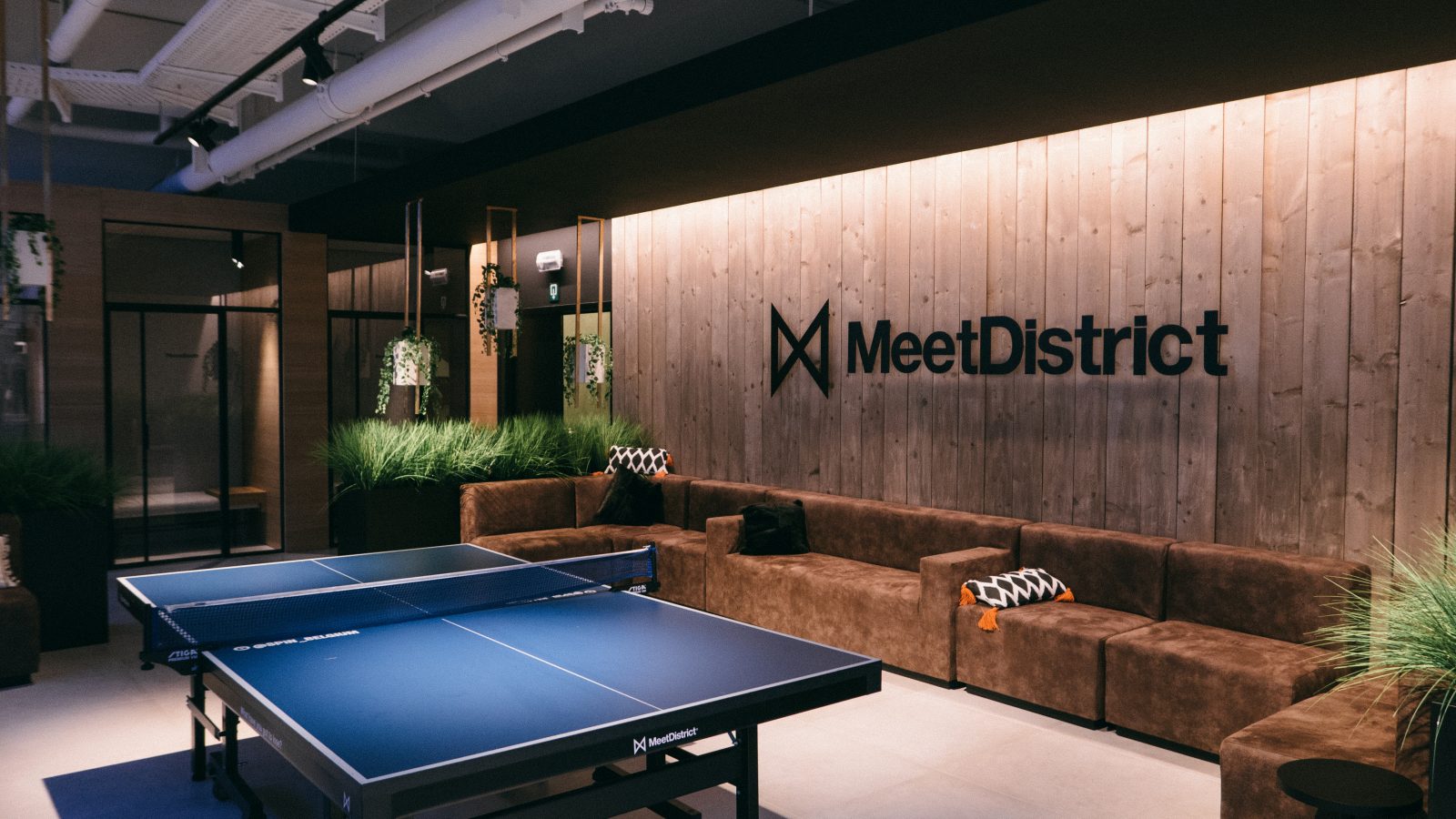Did your employees enjoy the chance to play over December? Why stop them now just because business has started up again? Current research suggests that organisations that provide opportunities for their staff to participate in playful, fun activities inside the workplace, reap various rewards. These benefits extend to the employees, their teams and the company itself.
Games, or any other stimulating activity done for the purpose of amusement, can actually help workers become more productive. Even if it’s just a foosball table in the canteen, a short recess from work for a lively match with a colleague can break the monotony of repetitive duties or alleviate the stress of continuous problem solving. A play-friendly workspace can therefore refresh staff, boost morale and increase job satisfaction.
According to one survey from Salesforce, 86% of executives and employees attribute project failure to lack of communication and collaboration. When playing, workers have the opportunity to mingle, have fun together and challenge each other. That alone strengthens social bonds, enhances communication, and fosters collaboration – something companies spend millions on achieving through specially organised teambuilding events that pull workers away from the office completely.
Having more cohesive teams, manned by happy employees, is a winning formula for organisational productivity and therefore profitability. However, although there’s no need to turn it into a games room, play should not stop at the boardroom door. Games have been shown to promote creativity, especially in meetings where it’s the skill needed most for developing new strategies. Just placing a piece in an unfinished jigsaw puzzle during a break may be all the stimulation the executive mind needs to put together the solution to a business problem.
In agreement with a frequent complaint among staff, the latest Gallup survey for Sub-Saharan Africa reports that only 17% of employees in this region feel engaged at work – less than one fifth of its workforce. Yet, further research reveals that engaged teams contribute to 21% greater profitability on average. Engagement is therefore not only essential to retaining talent but also improving earnings.
Instead of playing incidentally, companies should embrace a balanced work-play culture. That can be a powerful tool for recruiting and retaining talent, and newer generations of workers are especially attracted to such an environment. While you’re at it, just for fun, try playing a game of 30 Seconds or Trivial Pursuit with candidates at their interview.
If fact, more companies than ever are pushing for valid, reliable and culture-fair game-oriented employee assessments when evaluating job applicants. Unfortunately, South Africa is currently a little limited in using these techniques to their full benefit because of labour regulations. However, there are companies vigorously working on improving the situation.
To get the full benefits of a play-at-work culture, it’s important to develop a sensible strategy. A foosball table may become a distraction and a single jigsaw puzzle might end up gathering dust. So an integral approach is needed where play opportunities flow naturally through business processes, are voluntary and augment work rather than replace it.







